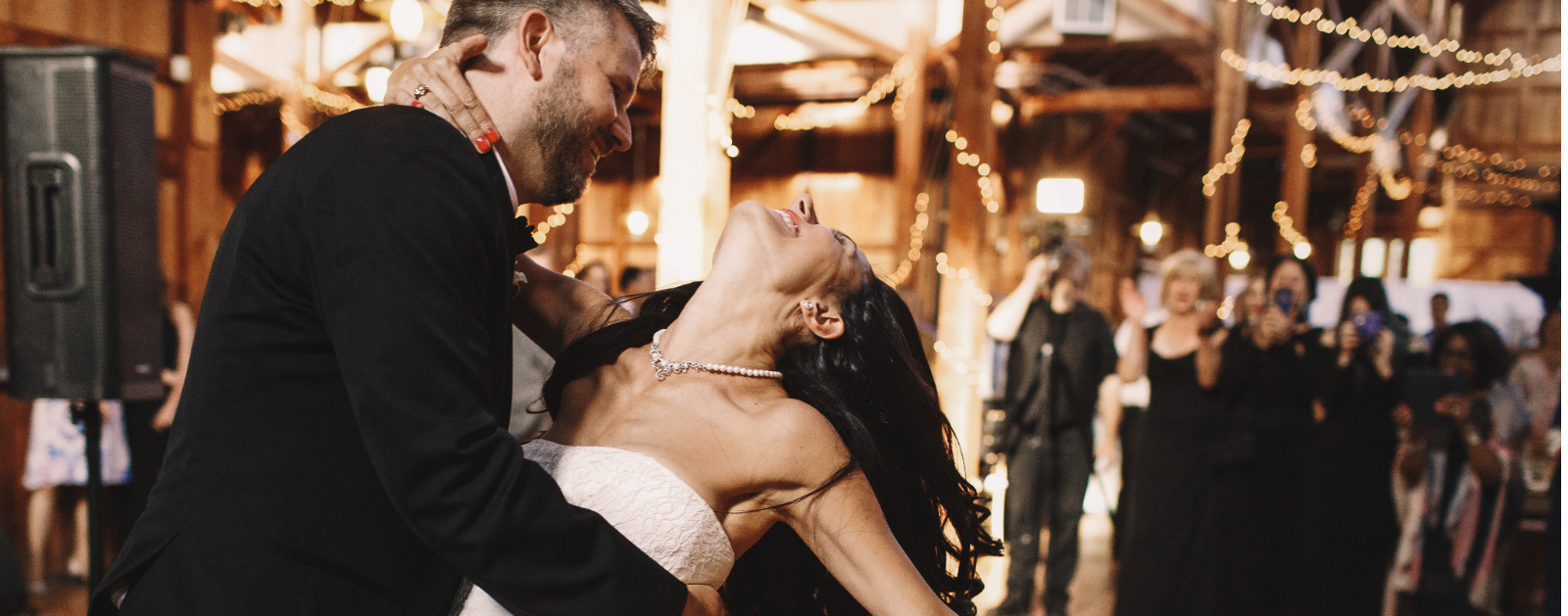5 Tips For Couples Planning A Wedding During The Coronavirus Crisis
Navigating an uncertain time...

It is common knowledge that the whole world is battling a major health crisis. Every news outlet is reporting updates about the current pandemic called the Coronavirus (COVID-19). You’ve probably heard that there are preventative measures you can take to protect your health; however, the effects of this outbreak may disrupt many aspects of our daily lives, including wedding plans.
Couples getting married
this period may want to consider how these disturbances could affect their big
day. Below we’ve outlined a few tips you should keep in mind or look out for in
terms of the ways the Coronavirus could impact your wedding day.
How the Coronavirus is impacting the wedding industry
So how can an illness affect so many things and industries around the world? Because of the fast-spreading nature of this illness, quarantines have been issued in several countries to slow the spread. As a result, many factories and businesses have closed down, specifically in China, which is where 80% of Western wedding dresses are produced. The effects have now spread to numerous areas of the US, and we are starting to see shutdowns/lockdowns in major cities and even statewide. As of March 15, it’s recommended by the CDC that events over 50 people should not move forward. The White House has discouraged social gatherings of 10 or more as of March 17 until April 1 to try to flatten the curve.
For couples that are supposed to be getting married during this uncertain time, it’s probably time to come up with some contingency plans for your wedding. Consider all your options before you completely cancel. Your back-up plans may depend on the severity of Coronavirus as things progress, as well as the area your event is scheduled to take place.
Plan A: Go ahead and push through. If your wedding guest list is intimate, i.e., under 50, then you could potentially move forward with your plans. (If your wedding date falls within March 27 - May 10, you should start coming up with backup plans.)
Plan B: Ask guests to let you know if they will be unable to attend. Adjust the numbers and hours needed for vendors. Or cut your guest list down to below 50 and have immediate family members (who are healthy) join you.
Plan C: Have a micro wedding ceremony where the two of you get married and reschedule the bigger reception/party for another time. The Ceremony truly is the most important part of this :)
Plan D: Plan an elopement for your original date (if you’re able to secure a marriage license) and move the celebration to a later date.
Plan E: Postpone everything until you can move forward with the wedding you’ve envisioned and planned for.
What is your worst-case scenario? Do you want to get married no matter what?
You can always go ahead with a small ceremony with immediate family. Cut the cake and have a reception with family and friends at another time.
What you can do to make the most of this unfortunate situation, should you decide to go ahead as planned:
Find out who is at risk for potentially being unable to attend due to travel or health reasons.
Livestream your Wedding . Share a live video of your ceremony with the loved ones who are unable to attend in person. Have someone set up a Facebook Live, Instagram Live, or Zoom to capture your big day.
Set up a Sanitation Station. Have hand sanitizer on hand and ample antibacterial soap for guests to use.
Keep a safe distance. Encourage guests to adopt a “hygienic hello.” Keep hugging, kissing, and handshaking to a minimum. Keep social distancing in mind.
Discuss food service options with your caterer. Serving a buffet meal could potentially put more people at risk. Ask your caterer about alternatives under these unfortunate circumstances.
Overall, it’s important to focus on solutions and alternatives. Consider what is truly non-negotiable when it comes to your wedding plans.
Stay positive, and remember...we're here to help!











